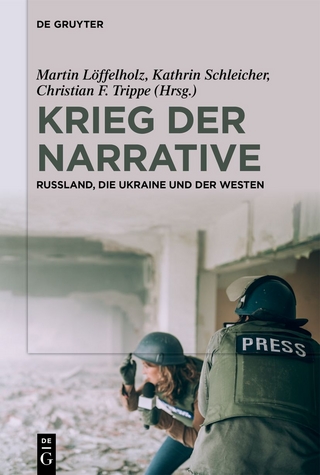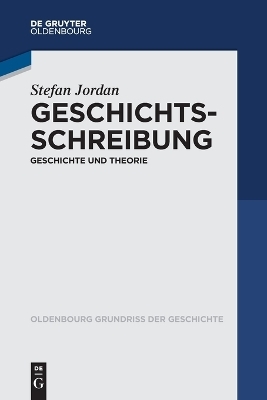
An Ethics of Remembering
University of Chicago Press (Verlag)
978-0-226-92044-3 (ISBN)
- Titel z.Zt. nicht lieferbar
- Versandkostenfrei innerhalb Deutschlands
- Auch auf Rechnung
- Verfügbarkeit in der Filiale vor Ort prüfen
- Artikel merken
What are the ethical responsibilities of the historian in an age of mass murder and hyper-reality? Can one be postmodern and still write history? For whom should history be written? The author explores these questions through the figure of the "heterological historian". Realizing the philosophical impossibilities of ever recovering "what really happened", this historian nevertheless acknowledges a moral imperative to speak for those who have been rendered voiceless. The book also weighs the impact of modern archival methods, such as photographs, film and the Internet, which bring with them new constraints on the writing of history and which mandate a different vision of community. Drawing on the works of continental philosophers, historiographers, cognitive scientists and filmmakers, the book creates a framework for the understanding of history and the ethical duties of the historian.
Edith Wyschogrod is professor of philosophy at Queens College of the City University of New York. Her most recent book is Spirit in Ashes: Hegel, Heidegger, and Man-Made Mass Death.
Illustrations Acknowledgments Prologue Abbreviations 1: Re-signing History, De-signing Ethics The Historian's Promise Historical Truth and the End of Representation The Necessity of Naming That Which Cannot Be Named: The Cataclysm Historical Narrative History as Science: L'Esprit de Geometrie et L'Esprit de Finesse Factuality Revisited: Lies, Fiction, Ficciones Ficciones and History: Foucault 2: Reading the Heterological Historian Reading Kant The Nihil and Analogy Heteronomy's Rule The Ends of History The Aesthetic and the Cataclysm 3: The Historical Object and the Mark of the Grapheme: Images, Simulacra, and Virtual Reality Runaway Images The Historian and the Camera: Still Photography The Co-optation of the Look History as Archive of the Moving Image The French Revolution in Narrative and Film Images and Information 4: Wired in the Absolute: Hegel and the Being of Appearance The Specular Absolute and Release from the Object Plenum and Void Terror and Cataclysm 5: Re-membering the Past: The Historian as Time Traveler Voyages in Time Time's Duality: From Hegel to Nietzsche and Back McTaggart's Paradox: Tensed and Tenseless Time The Speech and Silence of Heterology 6: Re-membering the Past The Tablet and the Aviary "That This Too Too Solid Flesh Would Melt" From "Trace" to Shining Trace Flickering Memories: Images and Signs La Cage aux Folles: From Tablet to Aviary and Back The Mind Is a Bone: Skull, Brains, and Memory Matter Matters: Brain States and Mental Acts Differance Is in the Neurons Ownerless Memories: Artificial Life and Biological Computers 7: The Gift of Community Unsaying Rational Community: Autochthony and Desire Humanity's Essence Is Production Exteriority and Community The Gift of the Future The Gift of Hope Notes Index
| Erscheint lt. Verlag | 28.5.1998 |
|---|---|
| Reihe/Serie | Religion and Postmodernism Series |
| Sprache | englisch |
| Maße | 17 x 23 mm |
| Gewicht | 567 g |
| Themenwelt | Geisteswissenschaften ► Geschichte ► Geschichtstheorie / Historik |
| Geisteswissenschaften ► Philosophie ► Ethik | |
| Sozialwissenschaften | |
| ISBN-10 | 0-226-92044-5 / 0226920445 |
| ISBN-13 | 978-0-226-92044-3 / 9780226920443 |
| Zustand | Neuware |
| Haben Sie eine Frage zum Produkt? |
aus dem Bereich


